Check your credit report and account statements
Set up safeguards with your bank
Use privacy software
Practice good password management
In addition to using the right software to store your passwords, there are several things you should do to practice good password management:
- Update your passwords every month.
- Assign a different password to each login.
- Choose long passwords that mix numbers, letters and special characters, and are not based on your personal information.
You may also consider keeping unique, frequently updated password on a list of paper. While some IT experts frown upon the idea of writing passwords down, keeping a hard copy list can be appropriate for accounts you only ever access at home, especially if it makes it possible for you to maintain stronger passwords.
Recognize phishing scams
All the encryption in the world won’t protect you if you unwittingly divulge your password to an identity thief. Learn to guard against phishing scams—messages designed to trick you into revealing your personal information by posing as a legitimate entity.
Be skeptical of emails that purport to be from corporations or government agencies that urge you to “confirm” your personal information or password by clicking on a link from within the email. When in doubt, contact the entity through a trusted email address or telephone number to ask whether the message is legitimate.
You can limit the damage from having your passwords phished by setting your online accounts for two-factor authentication, which requires an additional piece of information to log in.
Report fraudulent activity immediately
The sooner you inform your financial institutions of breached accounts or stolen information, the easier it will be to minimize the loss. If you lose your credit or debit cards, call your bank to cancel them and request replacements immediately. If the account itself is hacked, your bank can close it. If you suspect that your password has been phished, change your password and contact the bank that keeps the account.
If you believe someone has stolen your Social Security number:
- Contact the Social Security Administration.
- Contact the Federal Trade Commission to file a complaint.
- Contact every the financial institutions where you have an account.
- Contact the Equifax, Experian and TransUnion to request a fraud alert to prompt potential lenders to or credit freeze to prevent lenders from accessing your credit report and therefore prevent an identity thief from opening an account, renting an apartment or applying for a loan in your name.
It takes effort and vigilance to keep your personal information safe, but doing so can help minimize the potential of having your financial life upended by fraud or identity theft.








